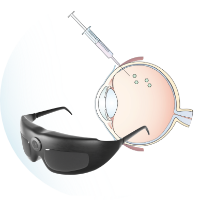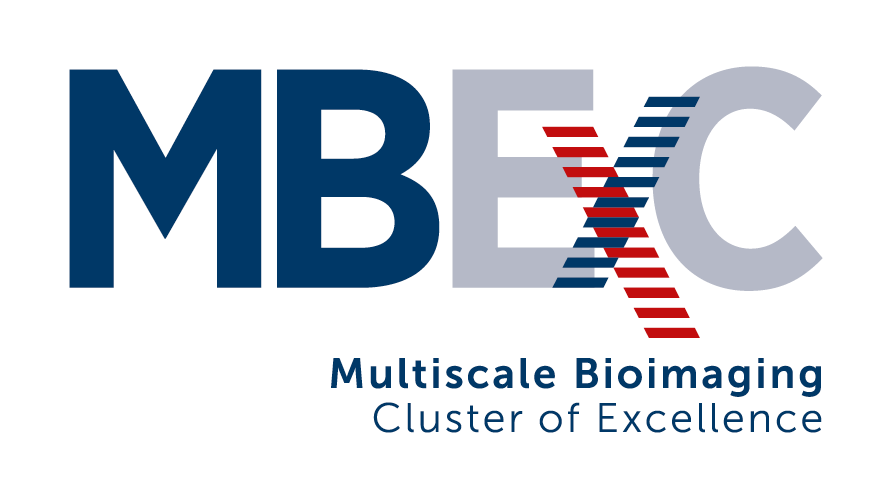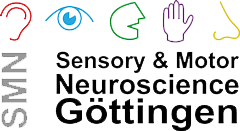Team II
Optogenetic Vision Restoration
Retinal degenerative diseases such as retinitis pigmentosa (RP) and geographic atrophy (GA) affect approximately 10 million people globally, leading to significant and often irreversible vision loss. Optogenetic therapies have emerged as a promising avenue for addressing these conditions by utilizing light-sensitive proteins, or opsins, to confer light sensitivity to surviving retinal cells like the retinal ganglion cells (RGCs). These therapies involve transforming visual inputs into stimulation patterns via specialized goggles equipped with cameras. Despite the potential for significant improvements in visual restoration, optogenetic approaches face considerable challenges, such as achieving sufficient resolution and light sensitivity.
In response to these challenges, the EKFZ Center for Optogenetic Therapies is pioneering advanced optogenetic strategies centered around new opsins such as ChReef, which are characterized by high efficacy at lower light levels, potentially enhancing the dynamic range of visual perception while mitigating the risk of phototoxicity. This initiative is integral to a broader effort aimed at developing both a gene therapy medicinal product (GTMP) and the accompanying specialized stimulation devices for human patients. Through rigorous preclinical research in mouse and primate models, including high-density multielectrode recordings and functional ultrasound imaging, the center is evaluating the performance of these new optogenetic tools. This foundational work is intended to pave the way for the establishment of a new standard of care for patients suffering from debilitating vision loss, with ambitions to initiate transformative clinical trials by 2030.








